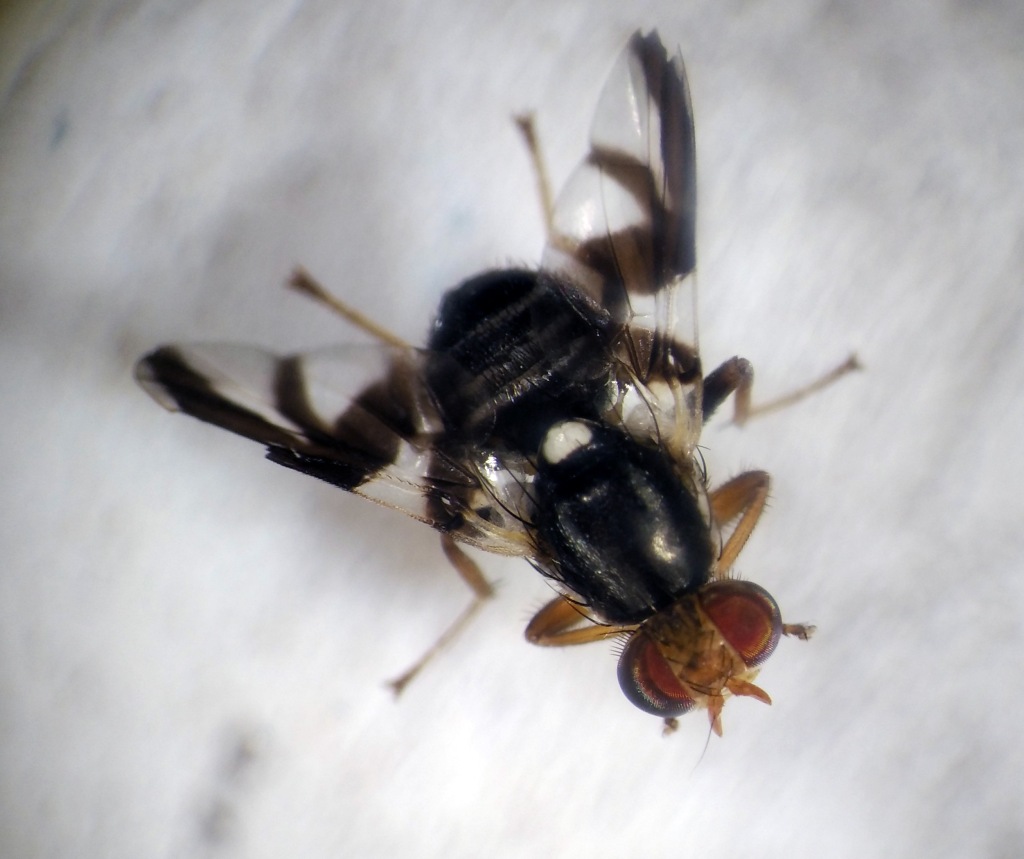
Host adaptation plays a large role in establishing our Earth’s biodiversity. In insects, adaption to new host plants often requires synchronization of growth and development during larval and pupal stages to the new host and adult preference for that host after metamorphosis. In insects, metamorphosis brings profound transformation of the nervous system. Here, we identified differences in the timing of brain development during metamorphosis and levels of neurotransmitters between two closely related populations of flies specific to different host fruit. Our results suggest that changes in neuromodulation during specific stages of adult brain development could link life history timing with host preference, promoting ongoing speciation and providing a new hypothesis for the genesis of our planet’s most specious multicellular taxon.
Hinal Kharva, a PhD student at TDU, just released an exciting new study from the NICE Lab. You can read the study here: https://doi.org/10.1098/rsos.220962
And, you can read more about the work in NCBS News:
https://news.ncbs.res.in/research/new-hypothesis-evolution-different-species
This was a 4 year study that found Hinal wandering through fields in the Midwest of the US, collecting infested fruit from apple and hawthorn trees, measuring the respiration of the pupae that emerged from the fruit, keeping them overwinter for 6 months, then painstakingly examining each pupa as it developed into an adult, measuring their neurchemistry and brain morphology on the way. A huge effort by an amazing young scientist. We are so proud of you Hinal!
Article Reference:
Kharva, Hinal; Feder, Jeffrey L.; Hahn, Daniel A; and Olsson, Shannon B. 2022 Rapid brain development and reduced neuromodulator titres correlate with host shifts in Rhagoletis pomonella. R. Soc. Open Sci. 9220962220962

